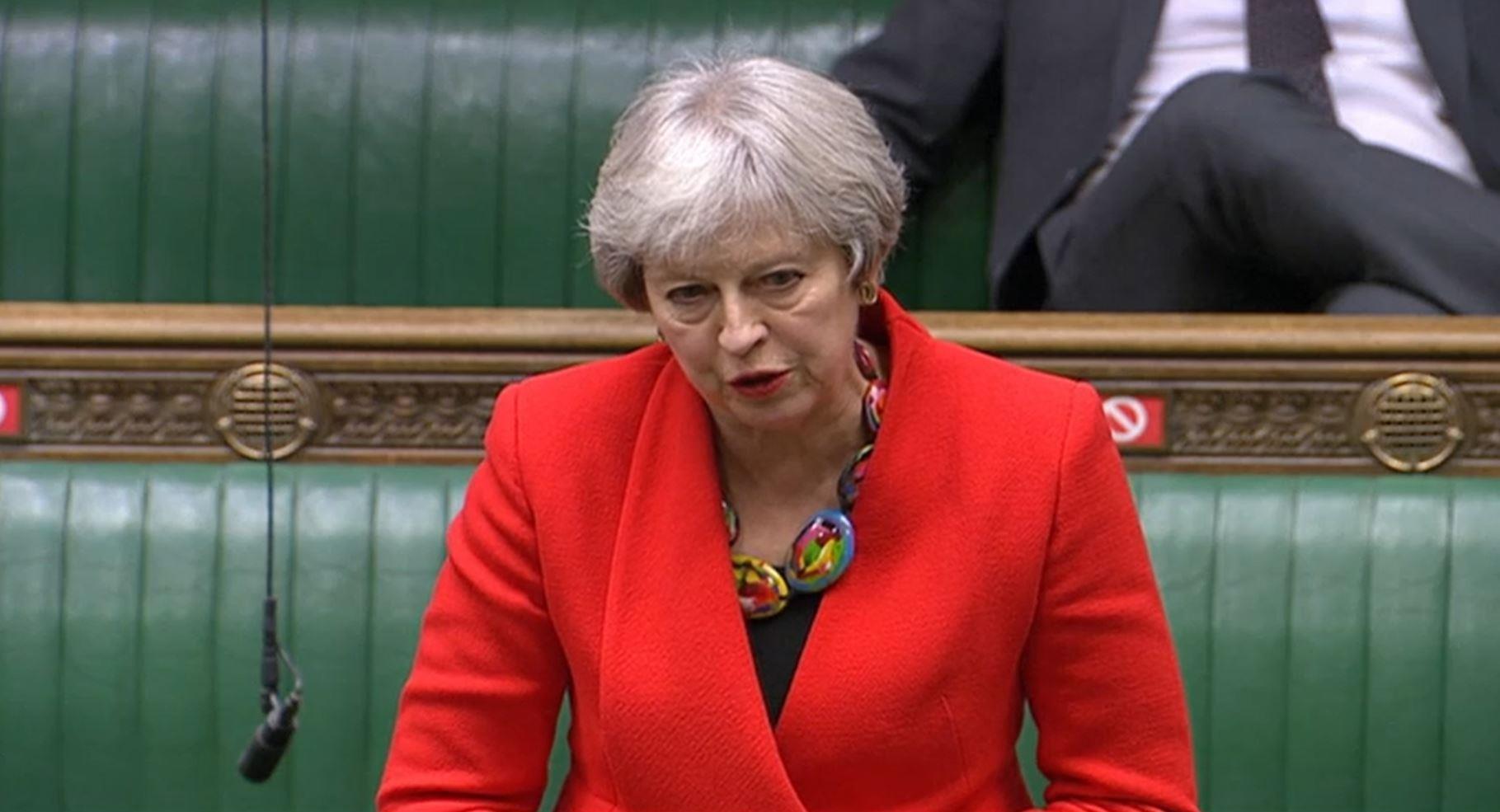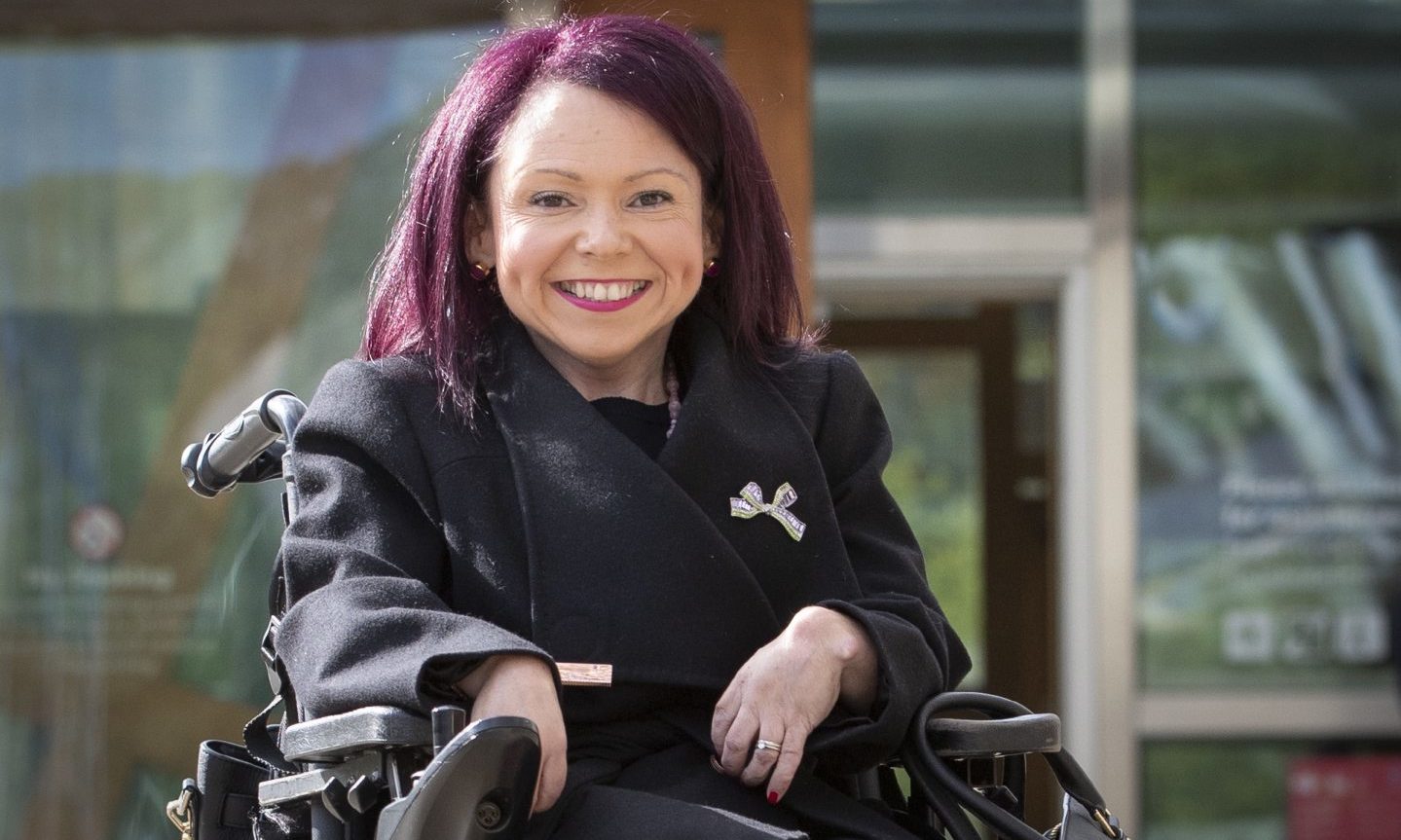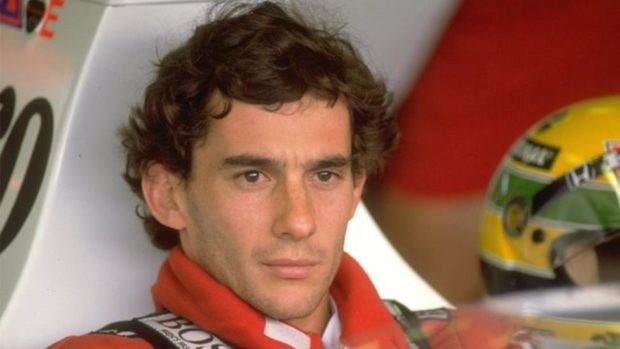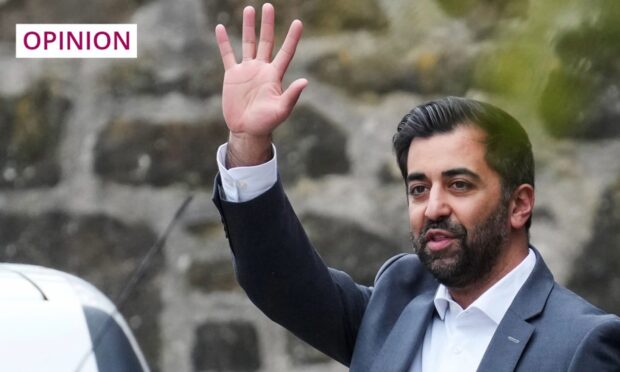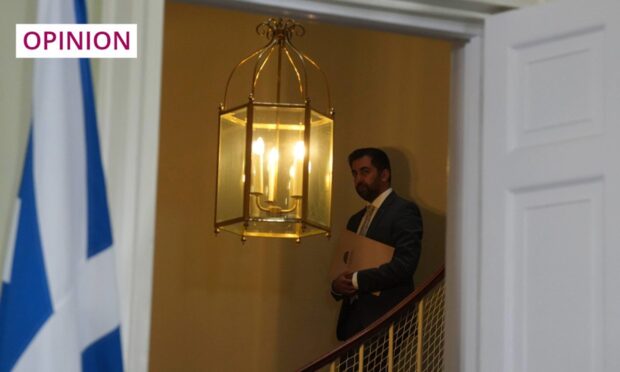Politics is commonly seen as a battle between competing parties with opposed worldviews – parties of the right versus parties of the left, nationalist against unionist, authoritarian versus liberal.
The first expectation of every parliamentarian is that they will swear loyalty to the badge and remain faithful to the leader.
This is not unimportant, as politics without organised units would be chaotic and unworkable. It’s even preferable that there aren’t too many of them. Look at Israel, where Benjamin Netanyahu has just been ousted by a preposterous coalition of eight parties who appear to agree on nothing much beyond getting the country’s longest-serving prime minister out of office.
But a little chaos is definitely a good thing. No one beyond party managers should prefer benches of blank-eyed drones who dutifully vote with the whip and never dare essay an original or independent thought. There’s a reason that those who speak up and out, who refuse to be muzzled by the party machinery or silenced by the promise of patronage and promotion further down the line, tend to become household names – think Tam Dalyell and George Galloway, Michael Heseltine and Bill Cash, Margo MacDonald and Joanna Cherry. There’s a reason, too, that they tend to be unpopular with party bosses.
Holyrood is the tamest and lamest of environments
Loyalty matters, but so too does the contest between legislature and executive. Backbench politicians also have a duty to hold government to account, and to protect parliament from the bullying and arrogance of overmighty administrations. They – and this includes those who are members of the governing party – must hold these things in balance.
We saw this principle in action at Westminster during the Brexit debate. For long spells it was a case of parliament versus government, with the legislature often coming out on top. So many were the defeats and humiliations visited on Theresa May as she attempted to get legislation through that her successor Boris Johnson attempted to close Westminster down.
At Holyrood, the tone has been different. It has too often been the tamest and lamest of environments, especially during this long SNP hegemony, where a commitment to the cause of independence seems to override every other issue. If there is a single nat rule, it is this: thou shalt not harsh Nicola’s vibe.
Most SNP politicians hunkered down until Salmond saga blew over
The Alex Salmond saga, which disrupted normal practice over the past year, is the exception that proves the rule. It was clear the government had behaved poorly, that it had failed the women at the centre of the case, and that it was acting in bad faith when it came to dealing with the parliamentary inquiry. Many nationalist politicians were in agony as they sought to reconcile the leadership’s expectations with their personal consciences. Even then, while some spoke out and some left, most hunkered down until it was all over.
Holyrood is a weak parliament which is unable to effectively challenge the government
What this episode showed is that Holyrood is a weak parliament which is unable to effectively challenge the government. Too often bad legislation is nodded through, there is no substantial revising function, and the committees – which at Westminster have developed into something of a Spanish Inquisition for naughty ministers – lack bite. It is past time for reform of a structure that has remained relatively unchanged since the advent of devolution in 1999.
Fresh faces and fresher brains
The quality of MSPs has hardly helped – there have been too many time-servers of mediocre ability and sullen conformity. Holyrood has failed to unleash a torrent of new and exciting talent to give Scotland the kick up the backside it needs.
Until now, perhaps. One consequence of May’s election is that a large number of the longest-serving MSPs retired, to be replaced by fresh faces and fresher brains. It’s there across the spectrum: Labour’s Michael Marra, Pam Duncan-Glancy and
Paul Sweeney boost Holyrood’s intellectual firepower. Among those new to the SNP benches are the highly-rated Màiri McAllan and the free-thinking Paul McLennan. The Tories are bolstered by the presence of the plain-talking, no-nonsense Russell Findlay, while Lorna Slater, who caught the eye in the pre-election leaders’ debates, was elected for the Greens.
To thrive, these individuals must be empowered and given space. That the membership of Holyrood’s committees has yet to be agreed more than a month after the election, due to a dispute over whether the SNP should control them, hardly bodes well. The opposite should be the case – in the absence of a second chamber, the committees are vital to accountability and good governance, and should be as independent of the executive as possible.
More bad days for Nicola Sturgeon would mean more good days for Scottish democracy.
Chris Deerin is a leading journalist and commentator who heads independent, non-party think tank Reform Scotland


